Republicans Voted To Give This Minocqua School Extra Funding, But Evers Said No
Why are Republicans in the Legislature repeatedly adding a budget line for Lakeland STAR, a charter school focusing on children with autism, and why is the governor repeatedly cutting this funding even as he advocates more state support for public education?
By Zac Schultz
July 19, 2021 • Northern Region
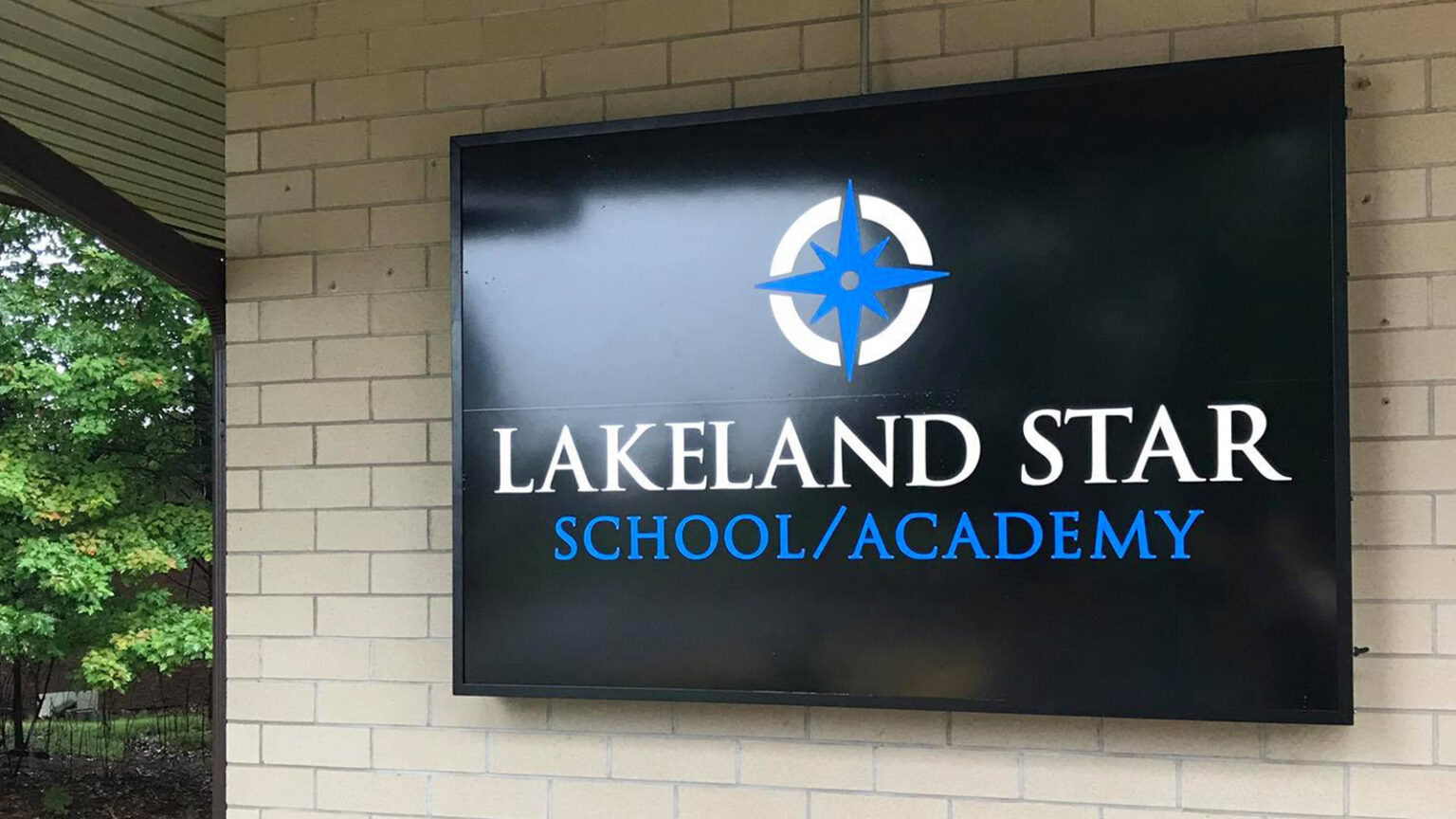
A charter school in the Lakeland Union High School District, Lakeland STAR serves students who have sensory needs. (Credit: Courtesy of Lakeland STAR/ Facebook)
Tony Evers calls himself the “Education Governor,” but Republicans say he didn’t live up to that title when he vetoed $750,000 budgeted for a tiny charter school in northern Wisconsin.
In his 2021-23 budget veto message, Evers wrote: “I object to providing state grants to specific schools when the Legislature has provided limited new spending to Wisconsin’s public school system as a whole. Every kid in Wisconsin should be able to get a great education in a public school regardless of what district they live in, and state funding decisions should not pick winners and losers among our kids.”
Republicans did not provide per pupil revenue increases for public schools in the budget they passed, and most of the new money in state aid was targeted at lowering property tax bills, not funding for the classroom.
So why did Republicans write in $750,000 in funding for Lakeland STAR Academy and its 38 students?
“It’s my baby, my ask,” said Rep. Rob Swearingen, R-Rhinelander. Lakeland STAR is in the 34th Assembly District, which he represents.
Swearingen said he has been a big supporter since it was created in 2018.
“It was obvious this was a special school with special kids with special needs,” said Swearingen.
Lakeland STAR is a charter school within the Lakeland Union High School District, which covers Minocqua and the surrounding area. STAR School serves 7th and 8th grades, while STAR Academy covers high school. Its mission is to serve students with sensory needs, including children with a diagnosis on the autism spectrum.
Eric Mikoleit is Lakeland STAR’s director and lead teacher. He testified before a Joint Finance Committee public hearing held April 21 in Rhinelander.
“The needs of our community regarding autism services, diagnoses, is profound in the Northwoods,” said Mikoleit. “Our mission at our school is for our students to discover their unique potential, maximize their capabilities, providing a transition-focused, personalized program.”
The day before the public hearing, Swearingen said he invited several members of the Joint Finance Committee to travel to Minocqua and tour Lakeland STAR.
“They needed the money to expand,” he said.
This isn’t the first time Swearingen has convinced fellow Republicans to provide extra funding for the school. In Wisconsin’s 2019-21 budget, Lakeland STAR was set to receive $250,000, but Gov. Evers vetoed that funding as well with a similar message about not picking winners and losers in education.
“I’m really disappointed the governor vetoed this,” said Swearingen, who issued a statement decrying the veto. “I don’t know how he can do this to these kids. Autism is on the rise, if the governor can’t figure that out, I feel sorry for him.”
A charter school to serve children with autism
In the 2019-20 school year, the Wisconsin Department of Public Instruction identified 13,218 students statewide as having autism. The state budget provides specific funding for special education that is supposed to cover the extra costs of educating those students. But advocates on both sides of the aisle agrees it’s not enough.
“Regular schools aren’t equipped to handle sensory issues,” said Gregg Walker, president of the Lakeland STAR Governance Board and one of the founders of the school. “The kids can’t learn. There aren’t enough speech therapists — kids only get 20 minutes a week of speech therapy.”
Walker’s youngest son is diagnosed with autism and attends Lakeland STAR. His wife, Kim Drake, wrote an April 21 article for Medical News Today titled, “My son’s diagnosis led to creating a school for autistic students.”
“As my son entered middle school, it became very apparent he would need an educational environment more tailored to autism,” Drake wrote.
“As the publisher of The Lakeland Times, our local newspaper, Gregg (Walker) immediately got to work, contacting people to gather as much information as possible on the process of building a charter school,” she added.
Within a year, then-Gov. Scott Walker (no relation to Gregg Walker) and then-state senator and now U.S. Rep. Tom Tiffany, both Republicans, had expressed support for the school idea.
A group of interested supporters led by Gregg Walker also raised money from the community through charity golf events. “In the end, the June 2018 golf outing raised $429,000. In 2019, the event gained even more momentum, raising nearly $680,000,” noted Drake in the article.

Lakeland STAR first opened its doors in the 2018-19 school year and teaches students in 7th through 12th grades. It had 38 students enrolled in the 2020-21 school year. (Credit: Courtesy of Lakeland STAR / Facebook)
Gregg Walker denies any special connection to Republicans in the state Legislature. He said his role as publisher of The Lakeland Times did not influence Republican support for Lakeland STAR. He said his newspaper is just as hard on Republicans as it is on Democrats.
Gregg Walker is suing Minocqua-area Democratic Assembly candidate Kirk Bangstad for libel, but he said that dispute is completely unrelated and said support for Lakeland STAR is non-partisan.
“This is not a left or right issue. The diagnosis of autism is off the charts,” said Walker.
“That’s not fair to pin Gregg that way,” said Swearingen, who Bangstad challenged in 2020.
Swearingen said Lakeland STAR’s requests for funding went through the normal channels.
“They approached us asking for state help. I’m not embarrassed to support this school, I went to bat for them,” he said.
Funding for special needs students
At the same public hearing where students and staff of Lakeland STAR spoke before the Joint Finance Committee, hundreds of other people also asked for state help, and most of them did not get their budget requests fulfilled.
“Deep pockets, good connections, you get stuff. It’s the sad but unfortunate truth,” said Jeff Spitzer-Resnick, a civil rights attorney and advocacy chair for the Autism Society of South Central Wisconsin.
“I’m not judging this particular school, but these types of schools are not the go-to answer for what parents of children with autism want,” he said. “But they’ve become necessary because of chronic underfunding.”
Spitzer-Resnick has repeatedly gone to court to battle school districts that aren’t providing enough support to children with special needs.
“My latest (confidential) settlement was $600,000,” he noted.
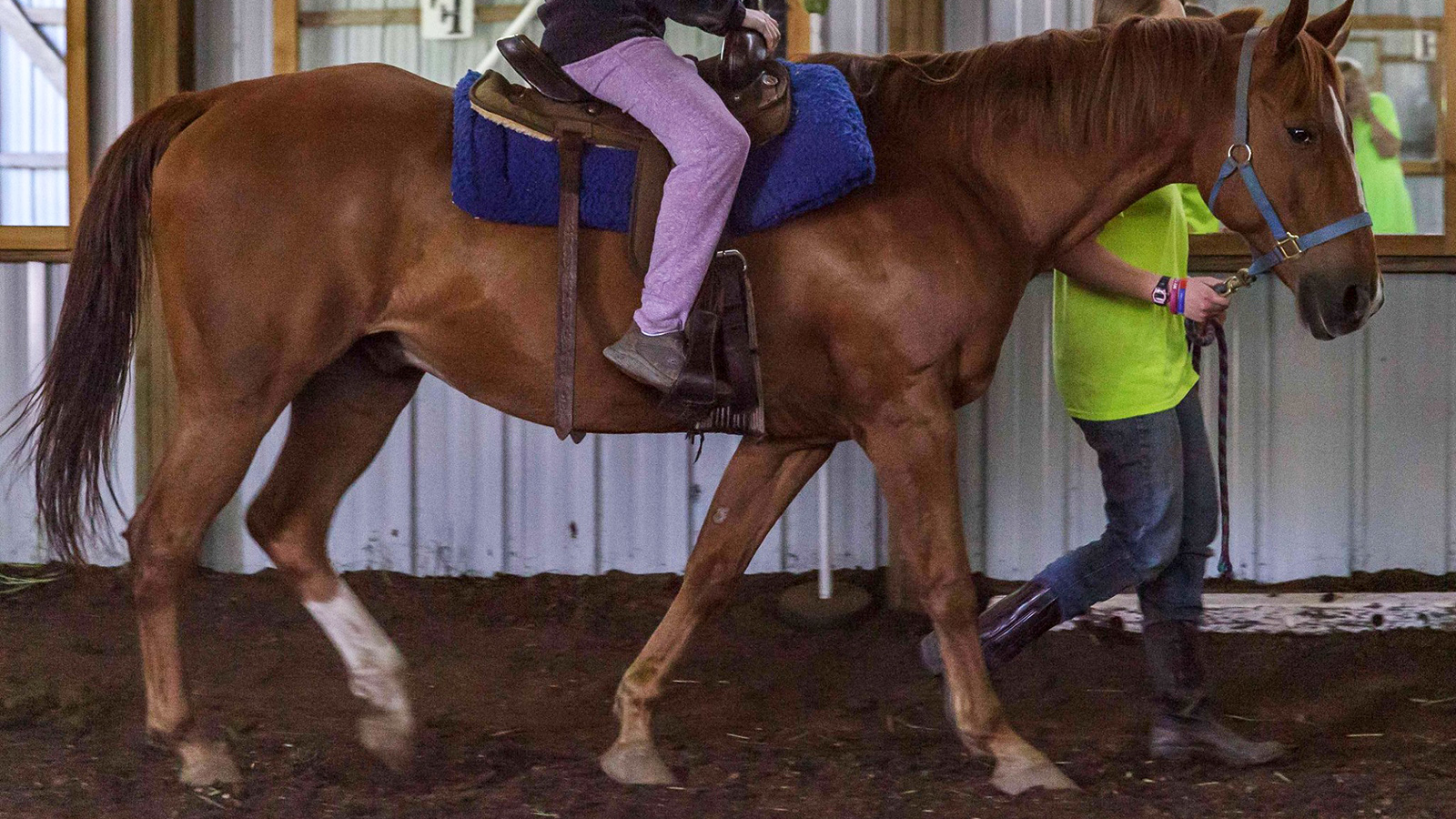
Therapy with horses is among the services Lakeland STAR offers its students. “Equine therapy provides a combination of sensory, motor and neurological input that some individuals on the autism spectrum find to be beneficial,” wrote the school’s director Eric Mikoleit in an October 2018 newsletter. (Credit: Courtesy of Lakeland STAR / Facebook)
Spitzer-Resnick insisted most parents want to keep their kids in their local public school, but blamed Republicans for not providing enough funding.
“The strategy is we’re going to starve our public schools so they cannot provide education and more parents will become pissed-off at local schools and send their kids to private or voucher schools and that’s what happened,” he said
Despite a career of fighting for kids with disabilities, Spitzer-Resnick said Evers did the right thing.
“Do I support Governor Evers’ vetoes? I would say yes,” Spitzer-Resnick said. “There has to be resistance to this long unfortunate trend to defunding our public schools.”
In the wake of vetoes
Rob Way is caught in the middle of the debate. As the district administrator and director of curriculum and instruction for Lakeland Union, Lakeland STAR is part of his school district, so the extra funding would help, but he also has other kids with special needs at the high school.
“We’re concerned with students having more specialized needs that continue to not be funded adequately by the state, so any additional funding is extremely helpful,” he said
Way was frustrated Evers vetoed funding for Lakeland STAR a second time, but added, “Based on the prior veto, I wasn’t overall surprised.”
Way said Lakeland STAR has largely funded itself.
“Fortunately it has not negatively impacted Lakeland Union district’s overall budget because there’s been tremendous support from the community to support the school,” Way noted.

In the early months of the COVID-19 pandemic, the Twitter account for Lakeland STAR shared a photo collage of staff holding signs that encourage students to stay strong, be kind and keep spreading joy. (Credit: Courtesy of Lakeland STAR / Twitter)
Finding outside support appears to be the best way forward for these types of specialty charter schools.
Treffert Way for the Exceptional Mind is a K-8 charter school in the School District of North Fond du Lac with a similar mission. With 65 students it’s open to all kids, but it works well for “students on the spectrum that have sensory issues,” said district Supt. Aaron Sadoff.
Sadoff said Treffert was funded with a federal grant, and they are looking at writing another grant proposal to expand it through high school. What about Lakeland STAR’s line-item in the budget?
“I think we should all be treated fairly,” said Sadoff. “I understand what they’re trying to do, but when we talk about equity and equal access, we should all get funding.”
Gregg Walker said Lakeland STAR has 38 students, and the school had to turn down 30 families for the 2020-21 school year. He is not deterred by Evers once again vetoing funding for the school.
“He has his reasons. That’s fine,” said Walker.
Lakeland STAR plans to continue to raise funds and look to expand.
“It’s about the kids. We’ve changed the game for the kids. These kids three years ago could hardly speak,” Walker declared.
Lakeland students speak about school
Some Lakeland STAR students spoke at the public hearing in Rhinelander.
Jessa Zimmerman is in her third year.
“If I was asked to speak to you about STAR last year I would not have been able to do it,” she testified. “I am now a more confident person because I am attending a school where people meet my needs. I have many sensory needs that are now being addressed because people at STARt noticed there was more to me than a learning disability. Coming to STAR was the best thing that ever happened for me.”
Parker Dietrich will be a junior in the fall.
“In my past I’ve had problems making friends, I’ve had problems with my grades and I’ve had problems staying out of trouble. Last year I was admitted into STAR and my problems are now behind me” he testified.
Dietrich’s mother Lisa said her son is one of the students that does not have autism, but still needed the same environment.
“It’s how they go about it. It might be the size — they have more individual learning,” she said. “It’s not just for kids with autism, it’s for anybody who needs it.”
Rob Way suggested Lakeland STAR could provide a blueprint for other school districts, especially if it receives individual support from budget writers.
“It could be a great model to showcase for other areas in the state — how to create a public school that meets the needs of these students with special needs,” said Way
Civil rights attorney Jeff Spitzer-Resnick said the model already exists, but it just needs to be funded properly.
“There is no data that says given sufficient funding to provide staffing that you will get better results by segregating (students with special needs) than in including them in regular education,” he said.
 Passport
Passport






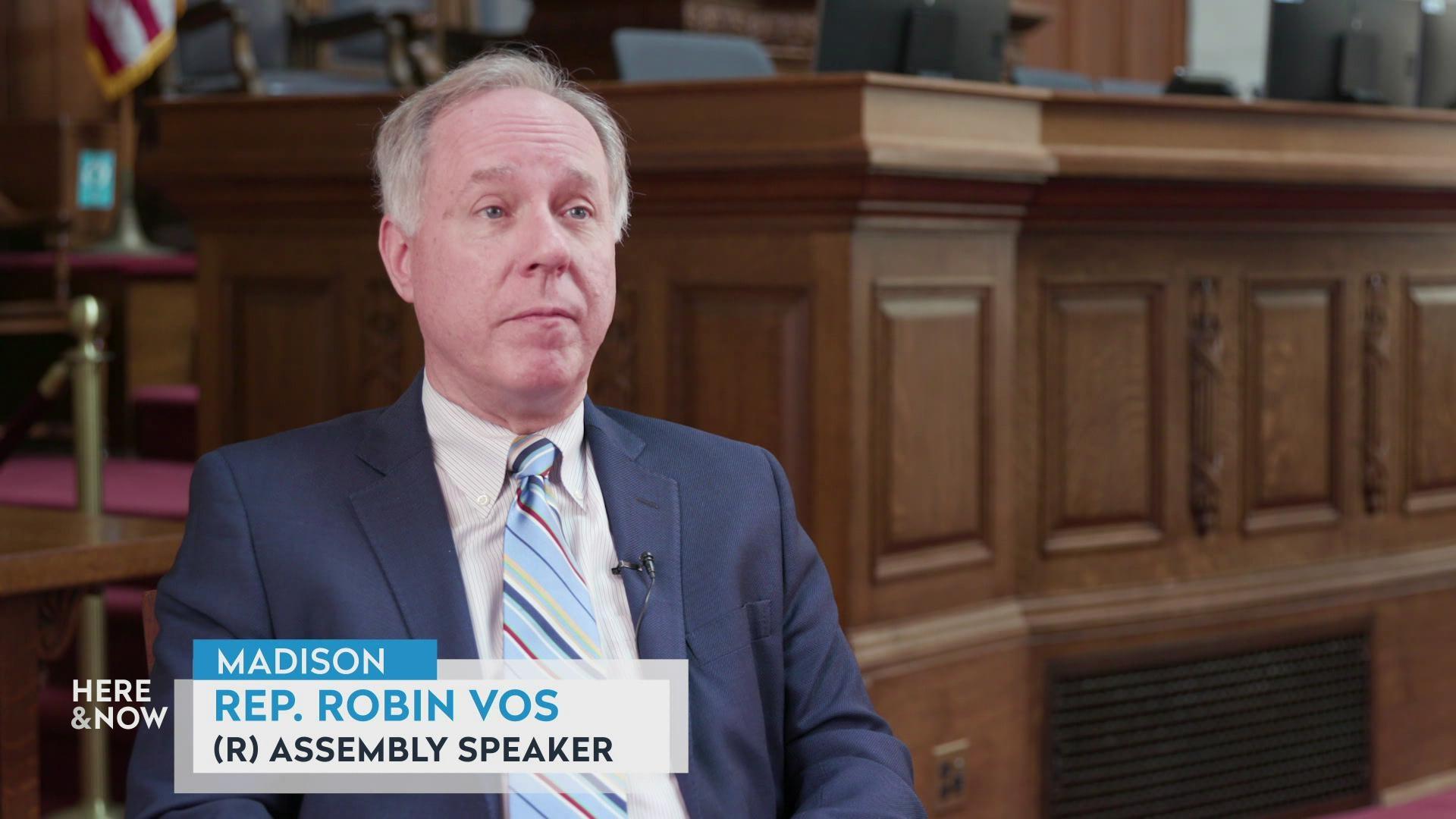
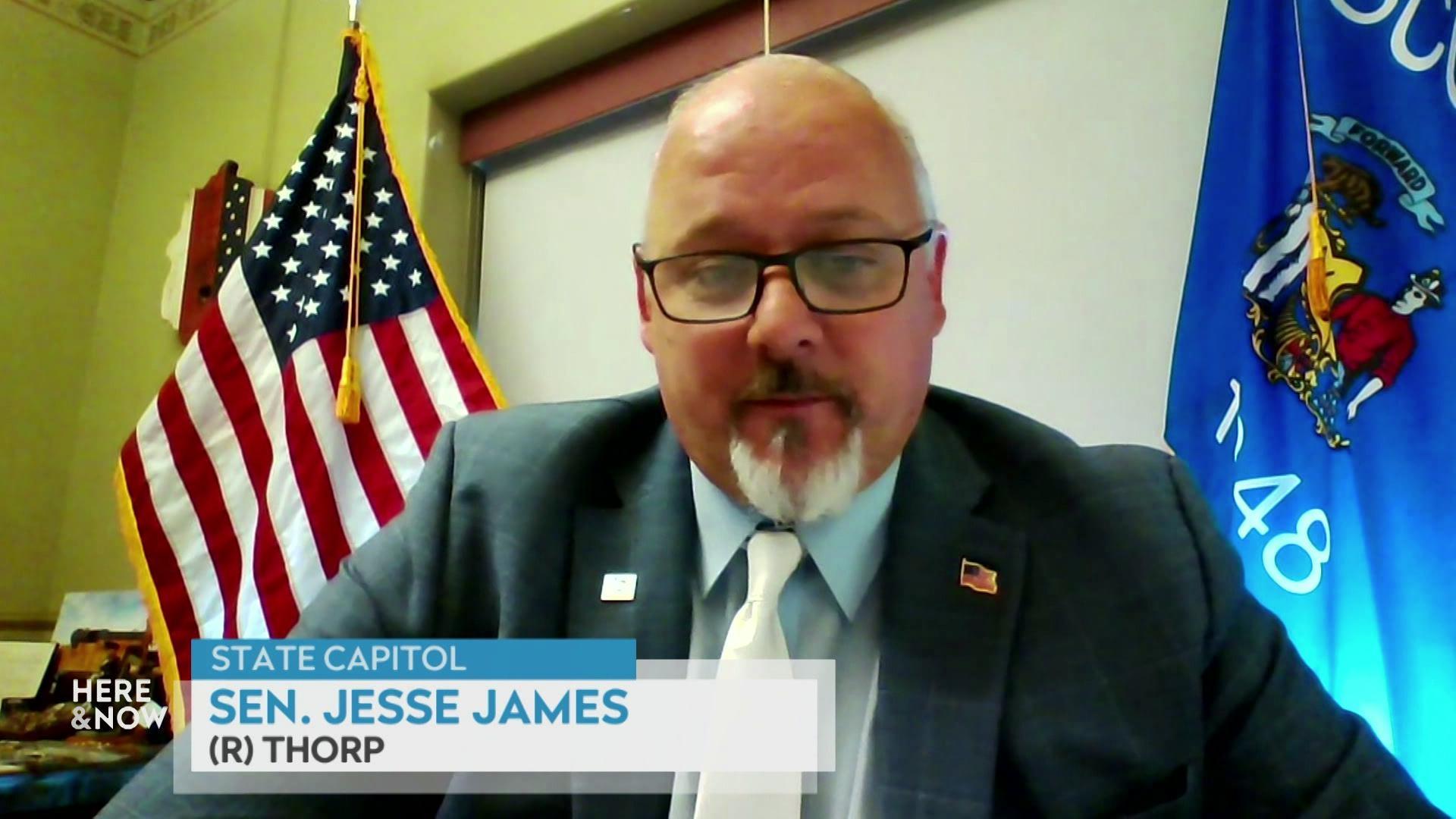
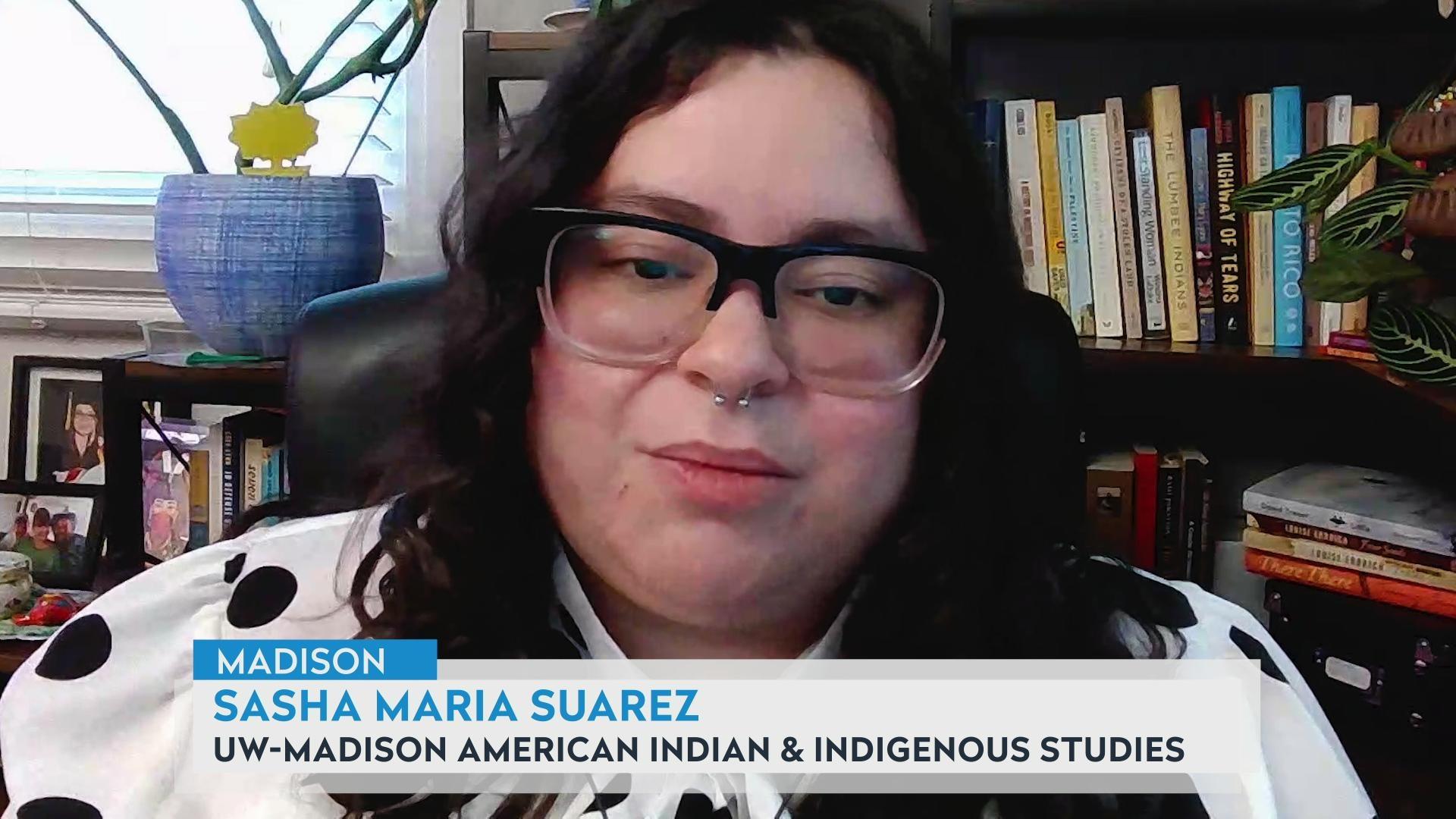
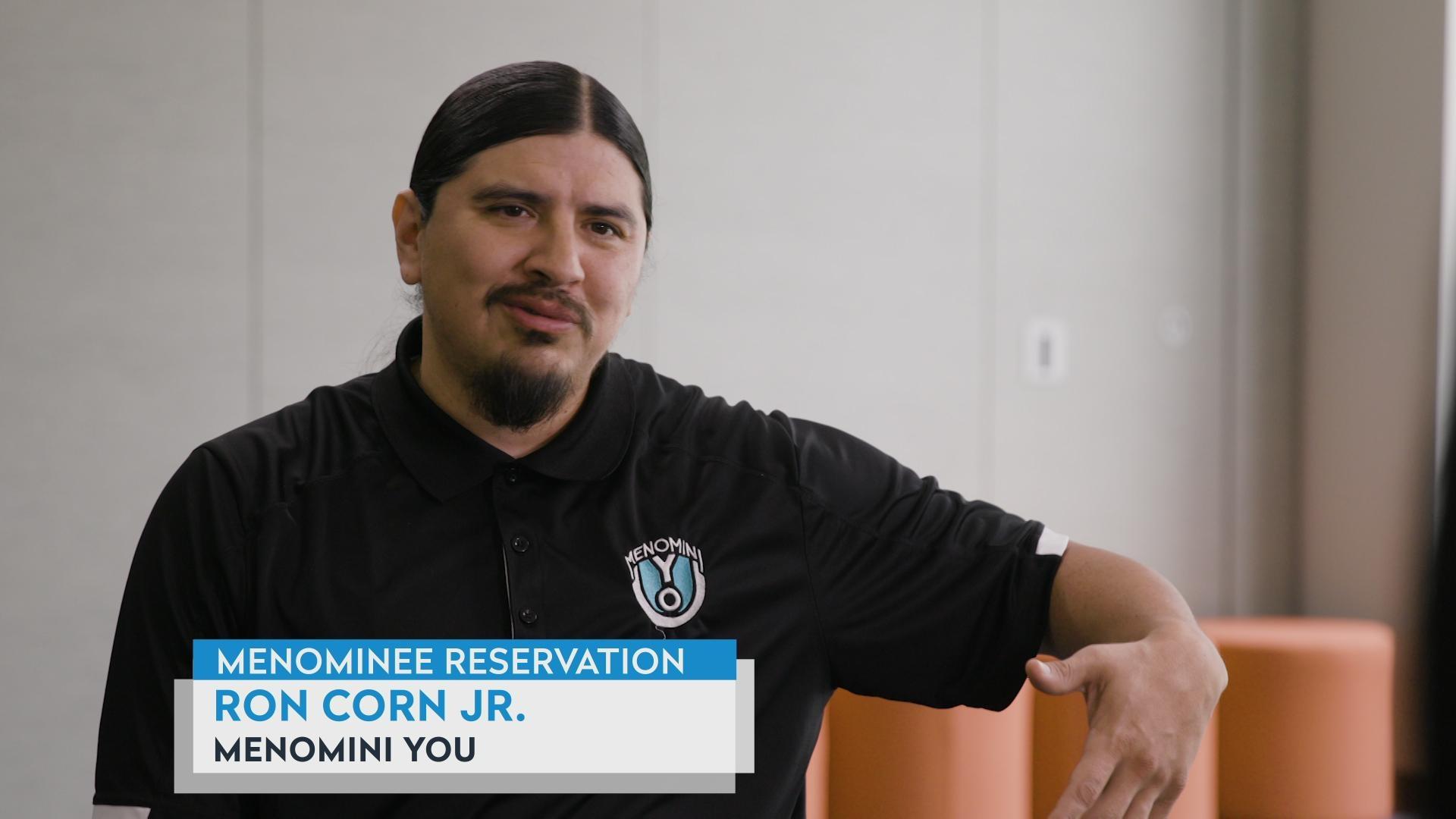

Follow Us